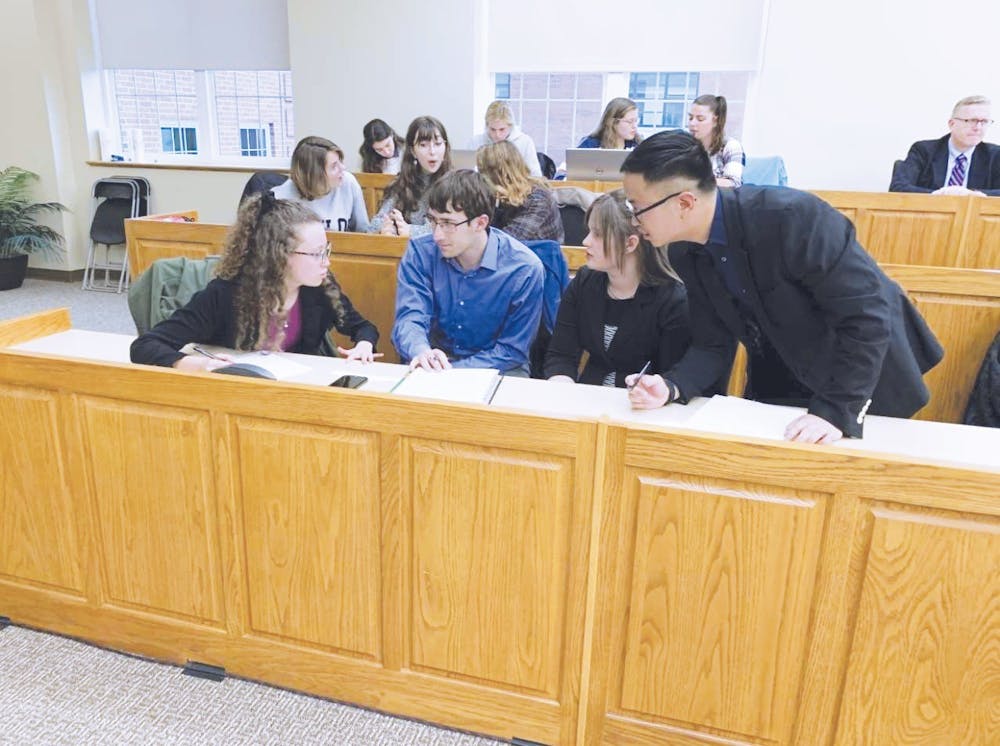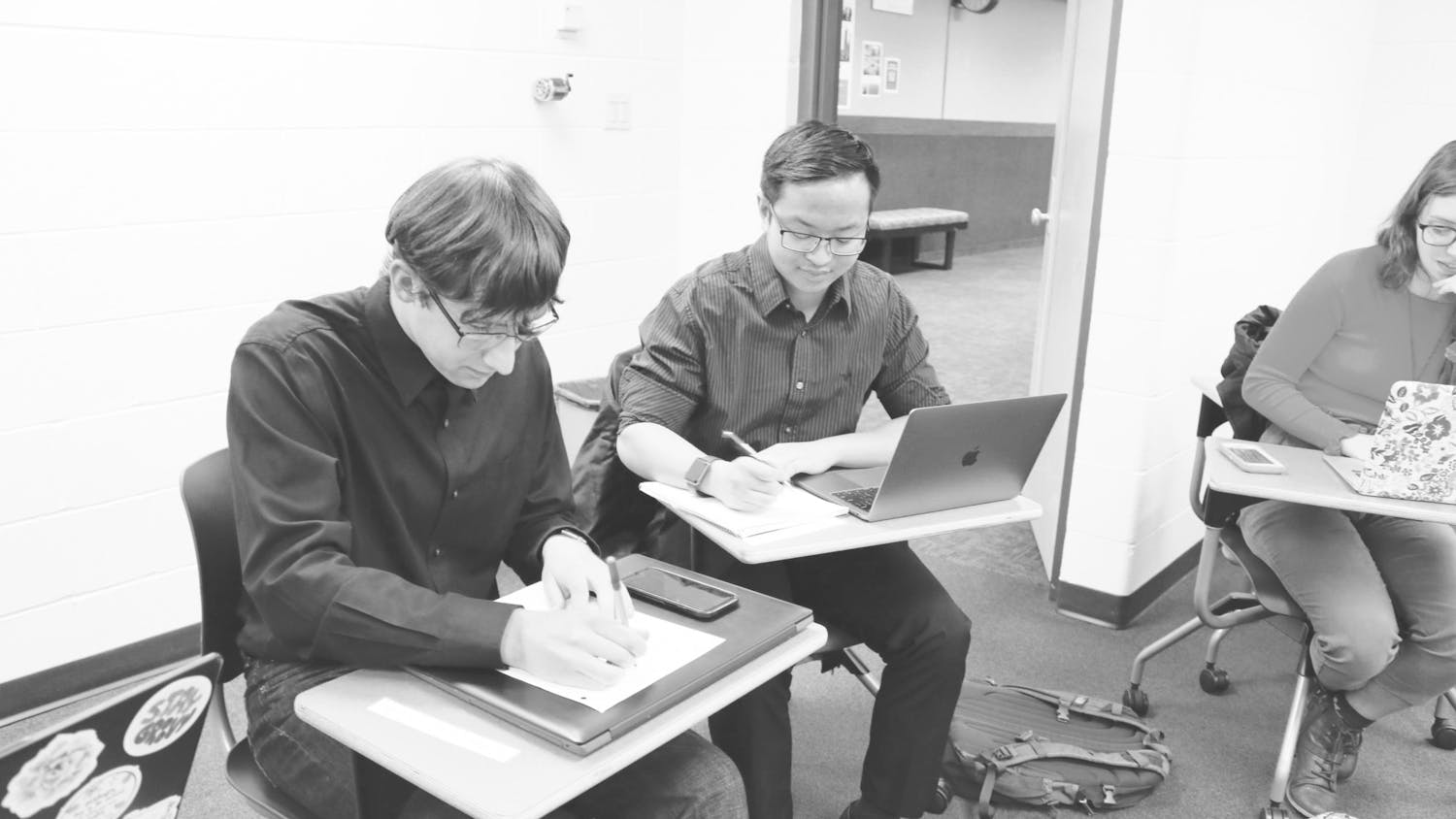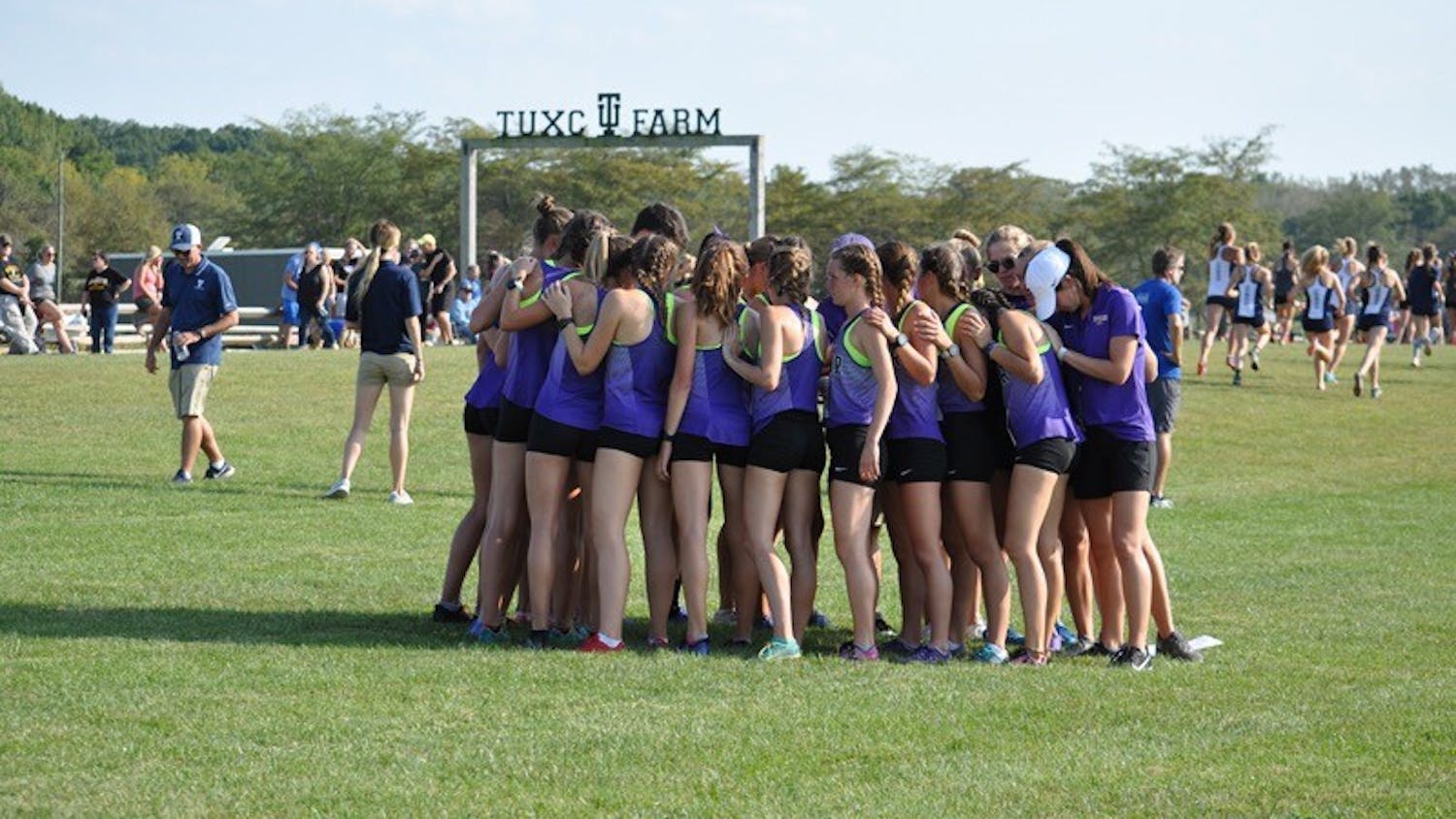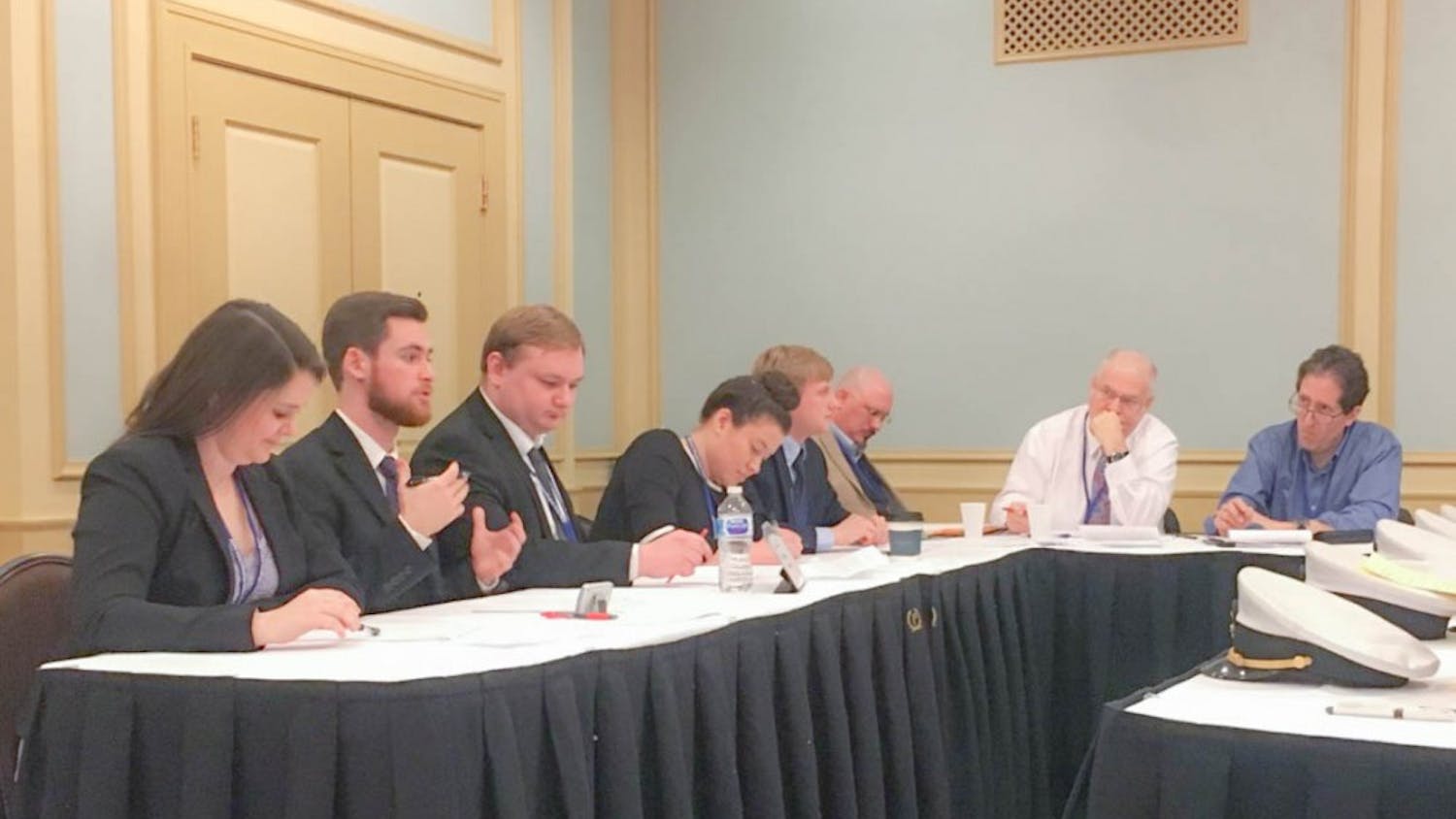The Taylor Ethics Bowl team has qualified for the National Ethics Bowl Competition for the tenth year in a row.
Despite the team placing fourth at the Nov. 2 Annual Central States Regional Ethics Bowl, where only the top three teams advance to nationals, Taylor is still eligible to compete in the national competition held in Atlanta.
The Taylor team’s bid for nationals was successful due to the third place team, Rollins College, not being a part of the Central States region. This makes Taylor the third highest-scoring team in this regional competition.
The two teams from Taylor competed against 18 other teams at the Central States Regional Ethics Bowl competition. At the competition the team had a combined record of four wins, one tie and one loss.
All teams were challenged to discuss timely and difficult subjects such as geo-fencing and Fourth Amendment rights, the relationship of vaccines with religion and the effect of procreation on the environment.
At the national competition, which will take place on Feb. 22–23, the Taylor team will compete against 35 other teams from around the country.
“The team is good enough to go all the way,” said Jim Spiegel, professor of philosophy and religion and Ethics Bowl coach. “It’s probably been like that for the last six or seven years . . . a lot hangs on the judges, the teams we go up against, even the worldview dispositions.”
The 15 new cases for the national competition will be posted in early January and the team will have several weeks to prepare. In order to do so they will meet twice a week to study the cases and do mock competitions.
Junior Reilly LaRose, the captain of the Ethics Bowl team is looking forward to seeing how well the team can do.
“I’m just proud of our team because we are in a rebuilding era . . . we’re working with a lot of new people and that’s really awesome that they get this experience because seeing nationals is way different than regionals,” LaRose said. “The quality and what you actually have to go through is going to be so good for them to see and learn and experience that.”
For sophomore Madelyn Ames, this will be her first time competing at the national competition.
She looks forward to bonding with the team during their road trip to Atlanta and to see other teams from around the country compete.
“It’s really thrilling, it’s a little nerve wracking, you know, not knowing,” Ames said. “You can do well, but the judge might not be with you so there is a lot of bias in that ... especially with our dramatic ending at regionals.”
Additionally, the Taylor team competes with both an edge and a disadvantage as perhaps the most conservative school at nationals, Spiegel said.
With the possibility of judges being aware of Taylor’s religious affiliation, additional bias can be introduced into the judging process.
However, as a team that debates ethics, Taylor also has an advantage.
“(Being a Christian liberal arts college) gives us an edge in terms of moral insight because we can rely on the Scriptures or our biblical worldview to give us guidance and the truth, or what is most likely true regarding particular issues,” Spiegel said.





